After switching to mixed recycling on the Medford/Somerville, SMFA, and Boston campuses, Facilities Services and the Office of Sustainability are excited to announce the Grafton campus is transitioning to mixed recycling beginning this week.The Grafton campus transition will complete the university’s switch to mixed recycling. The old glass/metal/plastic and paper/cardboard bins will be replaced with mixed recycling bins that can be identified by their UFO-shaped lids, blue bags, and mixed recycling labels.

A dual stream waste station at Tufts Medford campus before the switch which includes a bin for glass/metal/plastic and a bin for paper/cardboard.
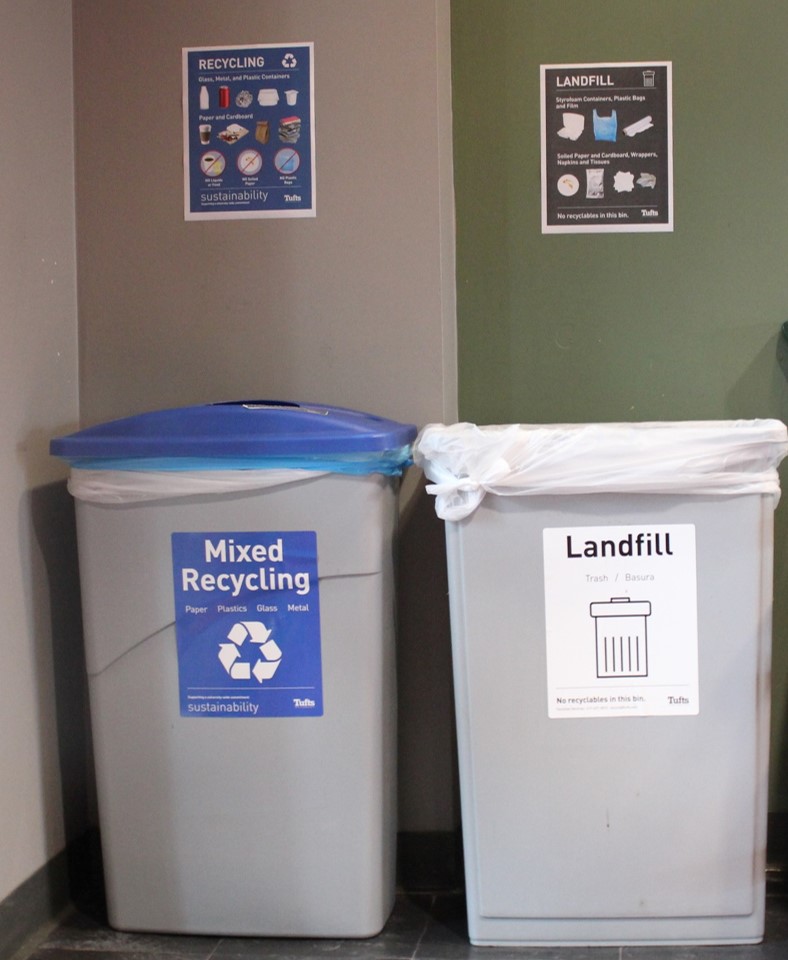
A waste station with mixed recycling and trash co-located.
Before this year, Tufts utilized a dual stream system, which required separating glass, metal, and plastic containers from paper and cardboard items. With the switch to mixed recycling, all of these items will be collected in one bin.
What is Mixed Recycling?
“Mixed recycling” means that the items you normally sort into the blue and green-lidded recycling bins (paper/cardboard and glass/metal/plastic) can be disposed of together. The recyclable materials collected will remain the same but will not need to be separated.
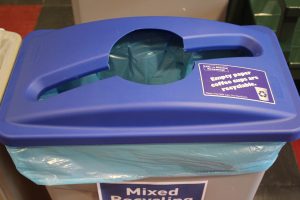
The UFO-shaped mixed recycling lids will allow people to dispose of items in a variety of shapes (e.g. bottles and cardboard).
Why is Tufts Moving to Mixed Recycling?
- It’s more convenient!
The ability to put paper/cardboard and glass/metal/plastic recycling in one bin will make recycling simple and easy, providing the Tufts community with two primary options for disposing of waste: “Mixed Recycling” or “Landfill” (along with composting for food waste in some locations). For example, you might recall mixing your recyclables at the recent President’s Picnic.
- Our waste stream is changing
The switch to mixed recycling is a direct reaction to the changing needs of the recycling industry: with increased demand for more efficient packaging and changes in personal habits, the makeup of the nation’s waste stream is changing. At one time, paper made up to 70 percent of the weight flowing through recycling programs, but now it accounts for less than 40 percent in many cities. More complex, lightweight materials have begun to replace paper; Tufts’ mixed recycling program will accommodate the disposal of these changing materials more efficiently.
- Mixed recycling will support Tufts’ waste reduction goals
Transitioning to mixed recycling supports Tufts’ larger plan to improve solid waste and recycling efforts in line with the President’s Campus Sustainability Council’s goal of reducing total waste by 3% per year. This system makes recycling easier for everyone and encourages people to recycle rather than send trash to the landfill whenever possible. Every Tufts community member is asked and expected to help the university meet its waste goals by educating themselves about their campus’s move to mixed recycling.
Learn more about what goes in the new mixed recycling bins – and what doesn’t – in this short online workshop.


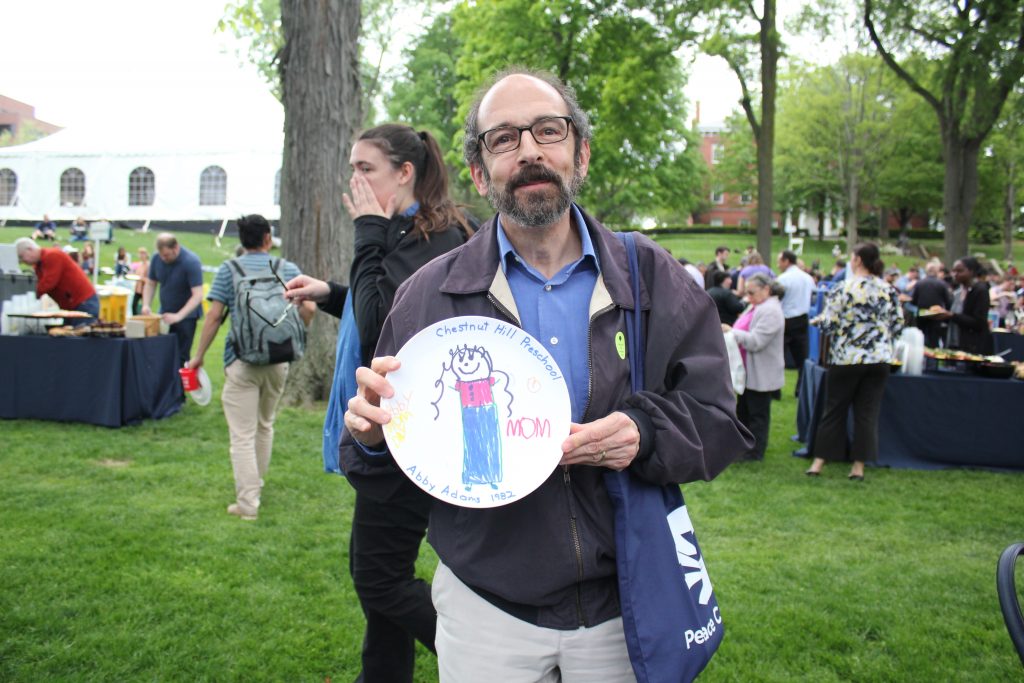
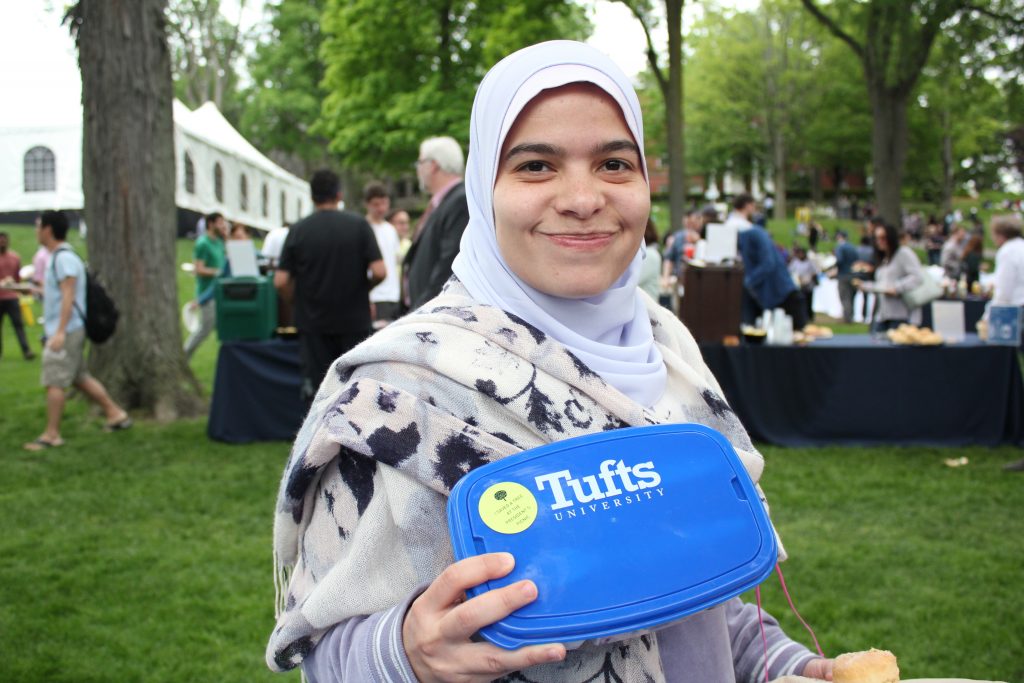
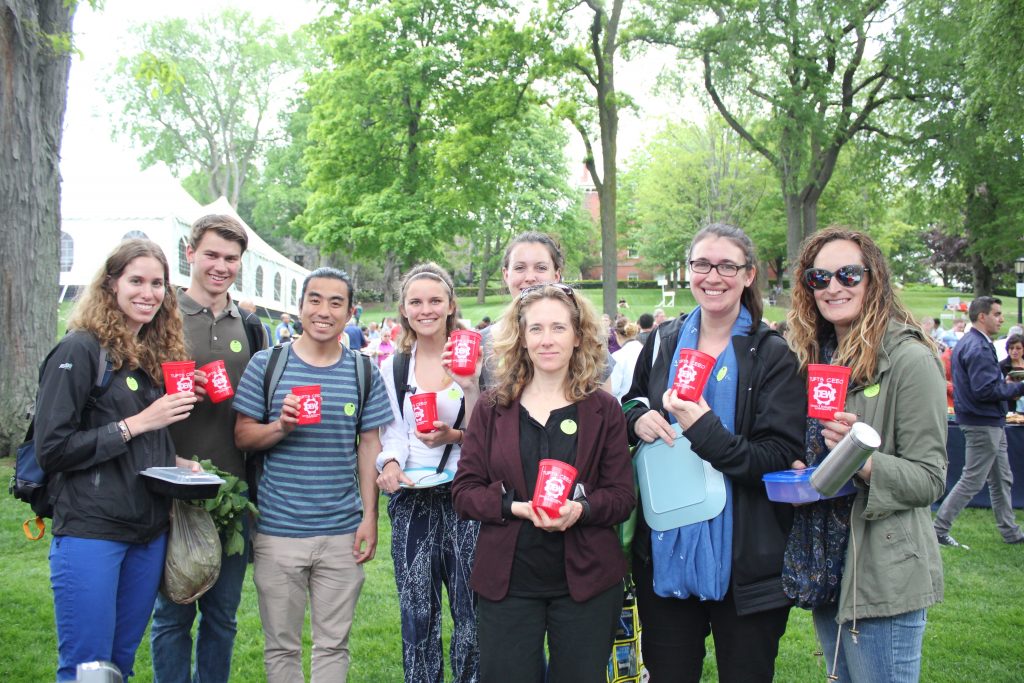
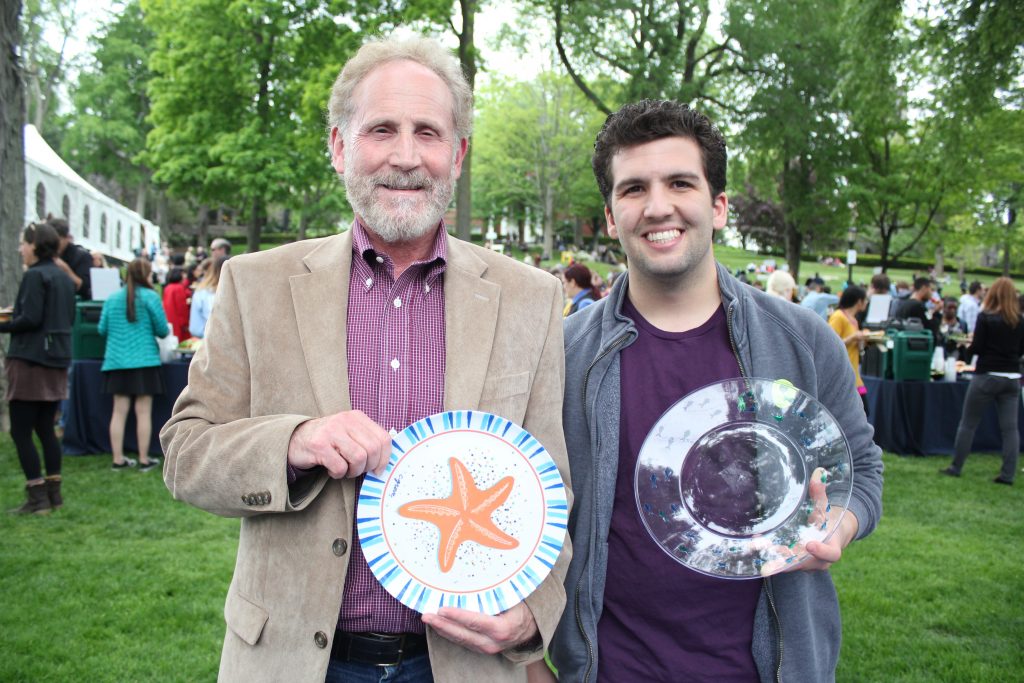
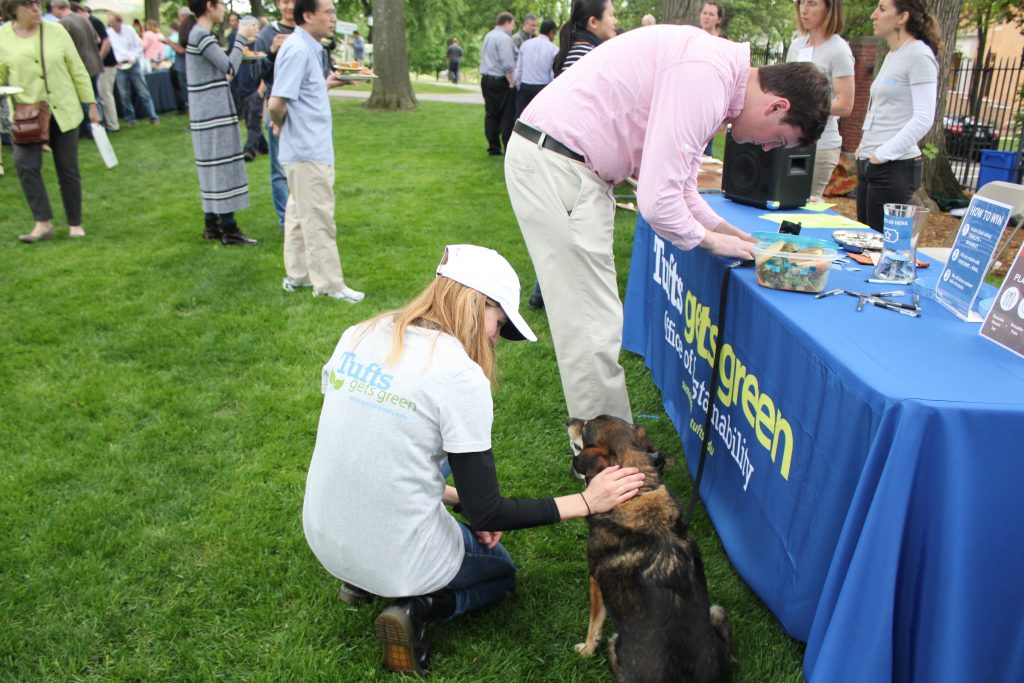
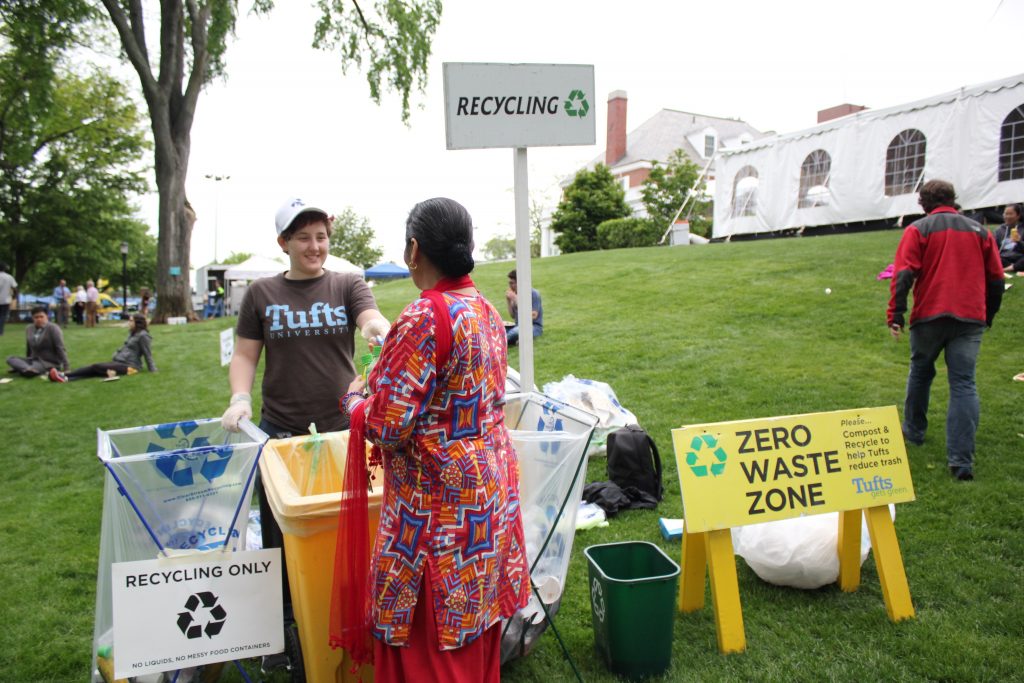
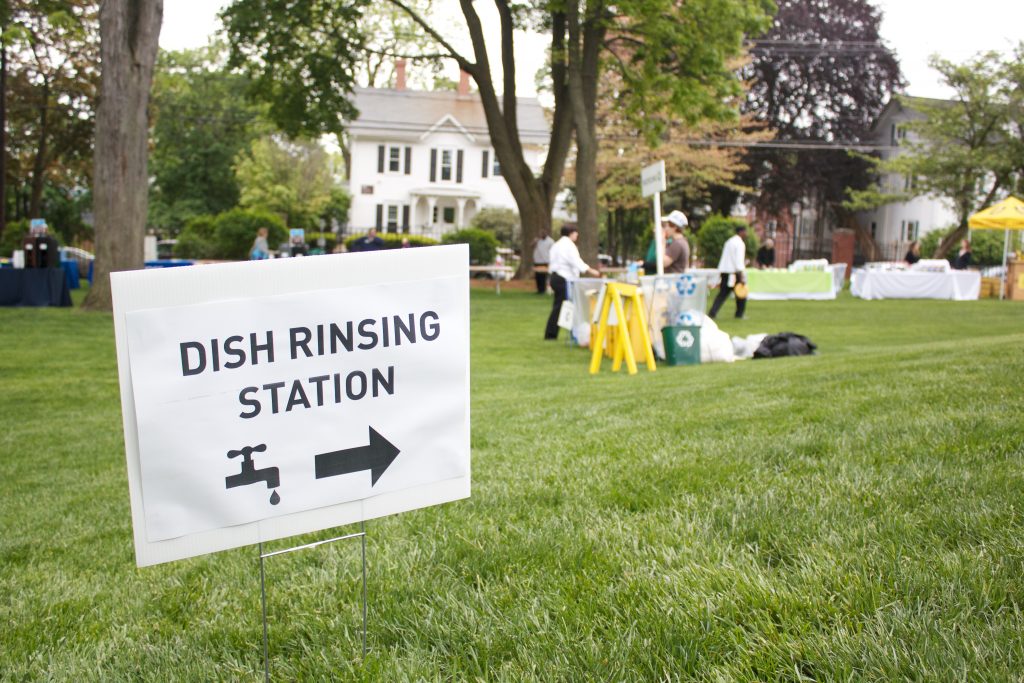
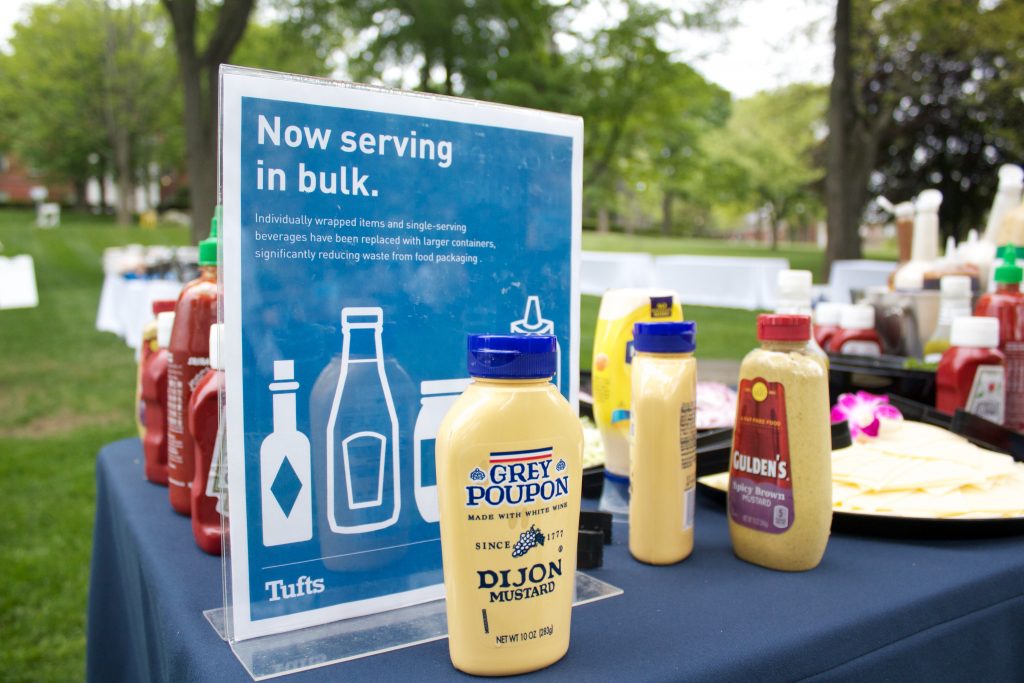

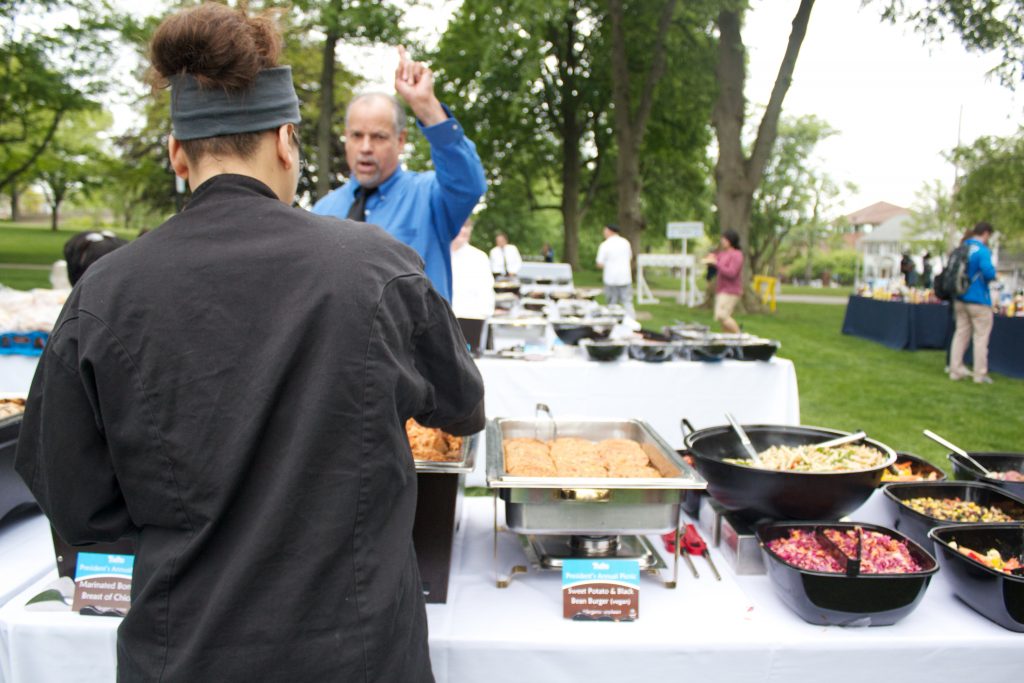
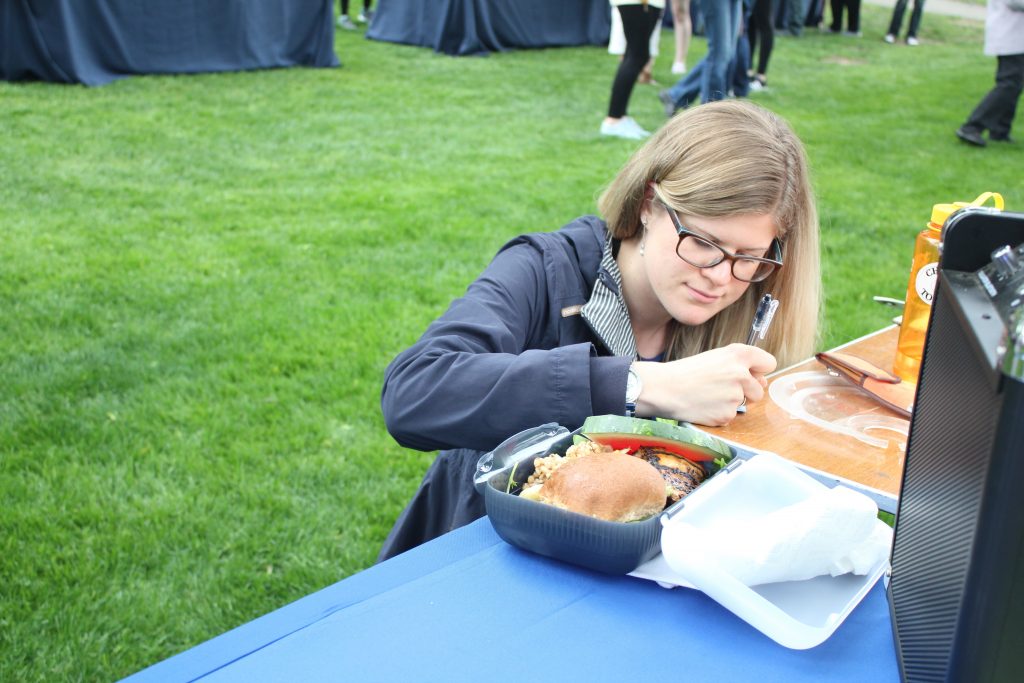
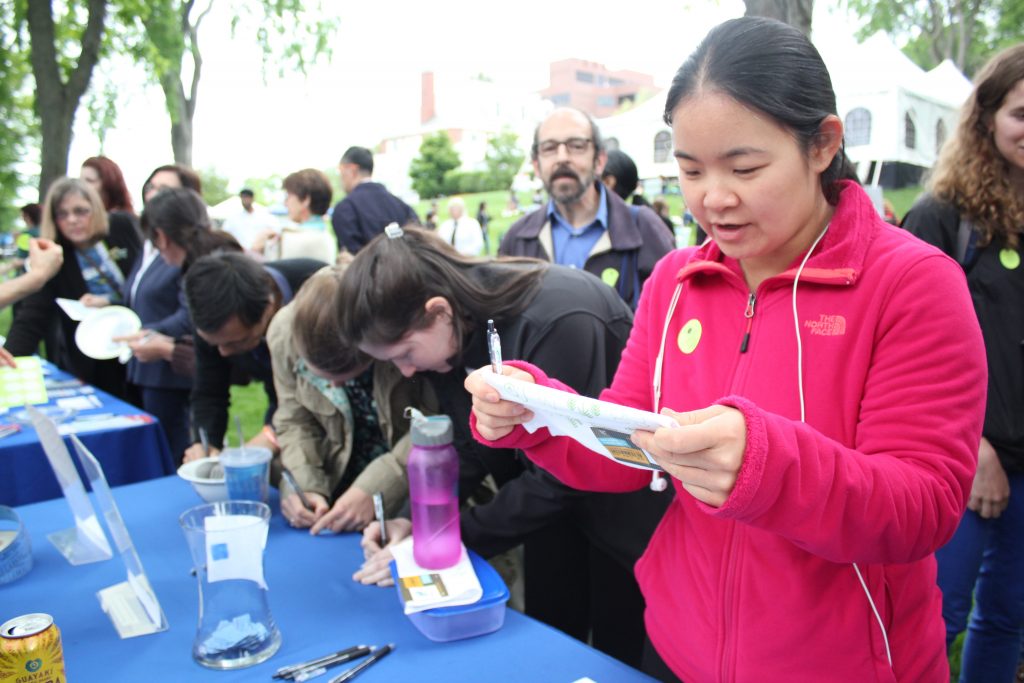
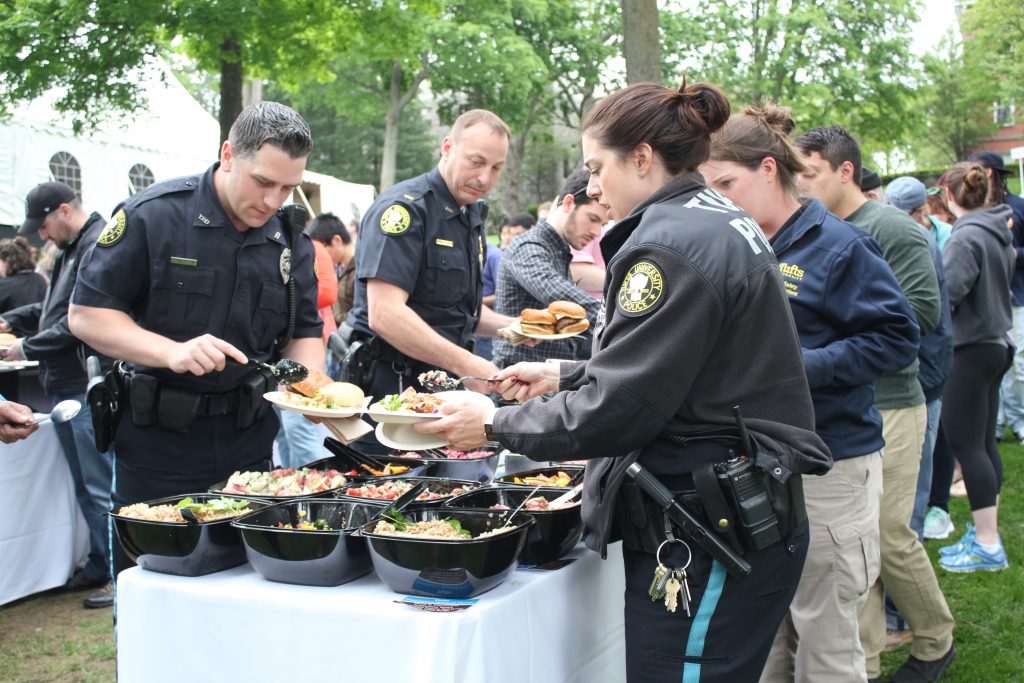


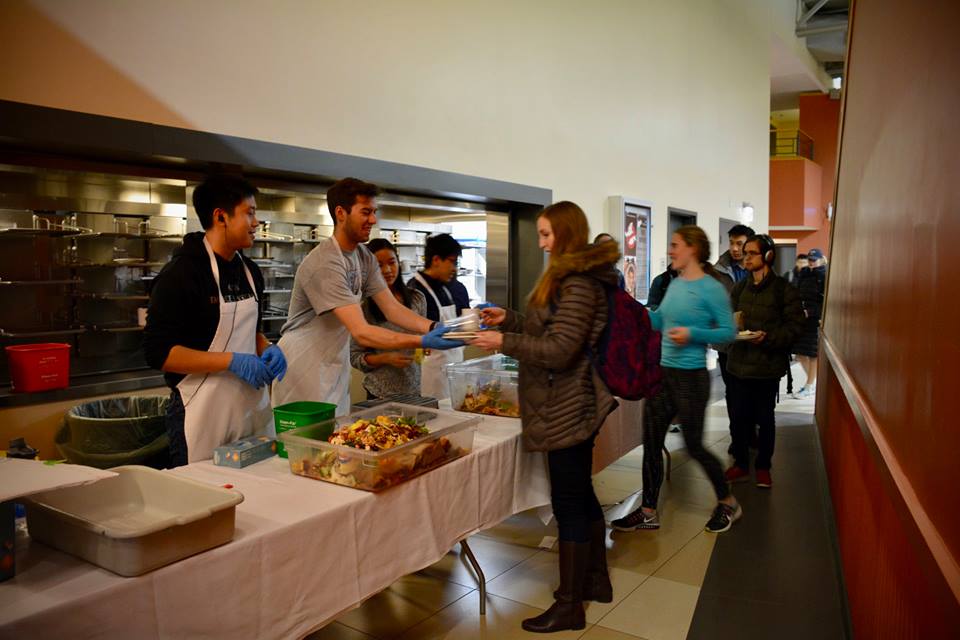
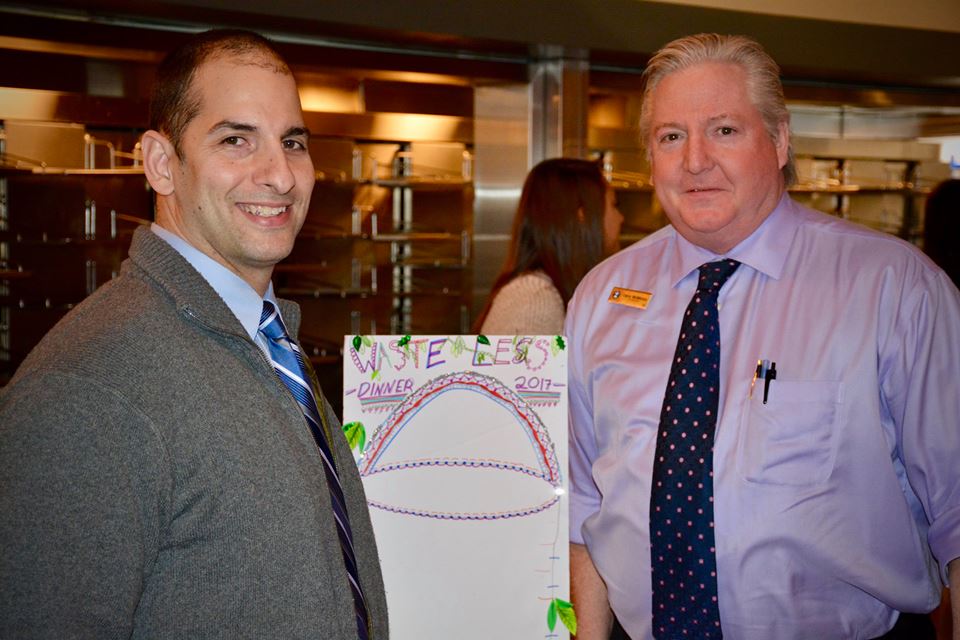

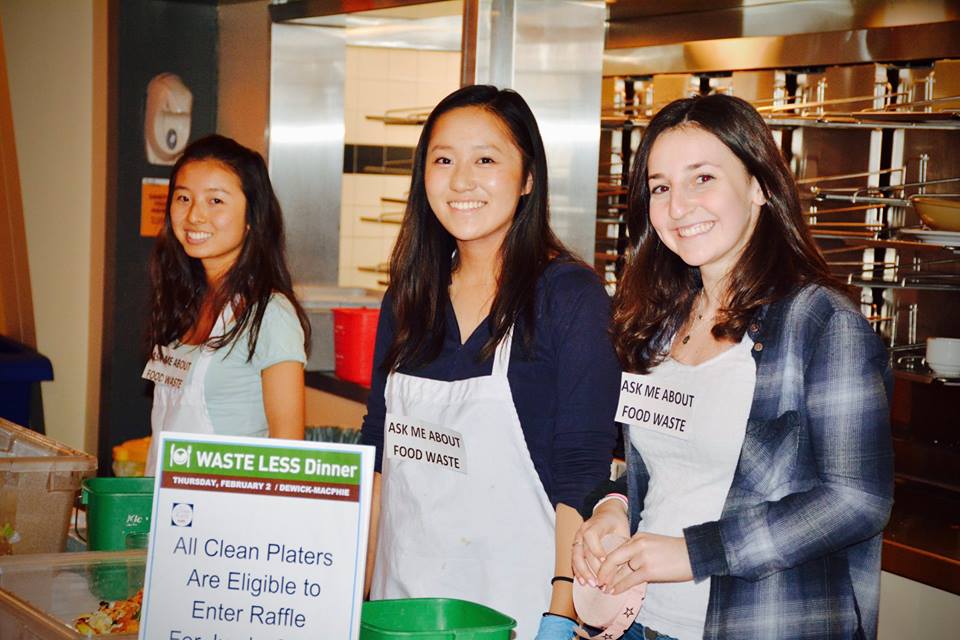

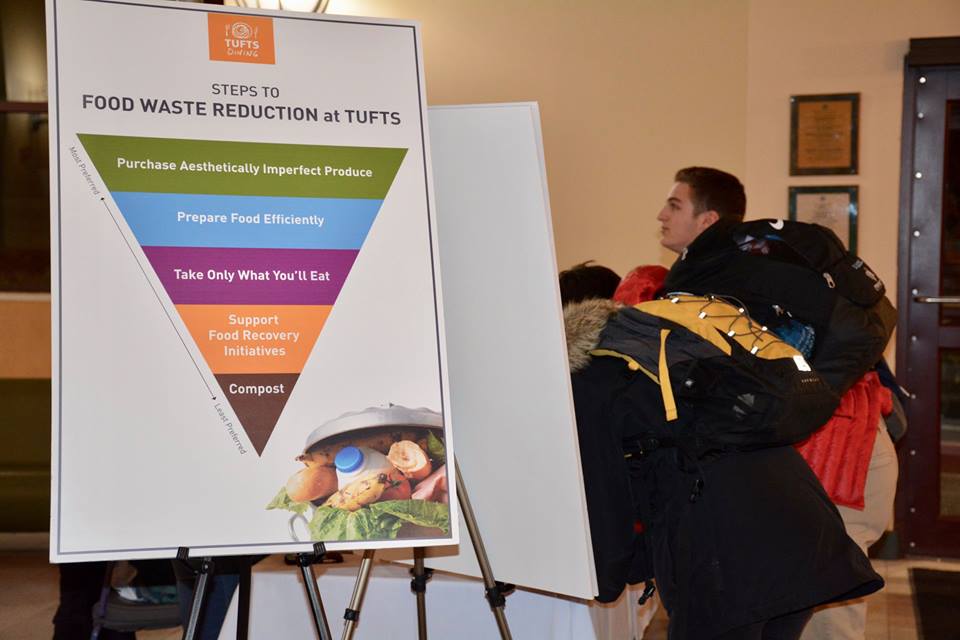
Find Us On Social Media!